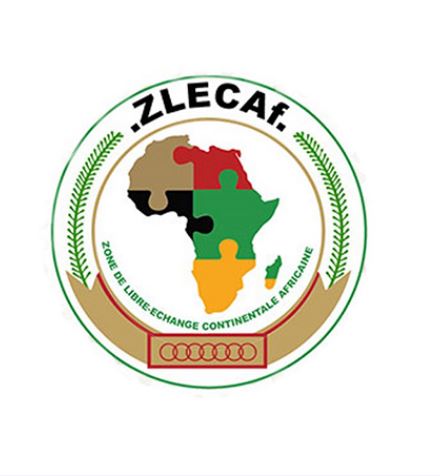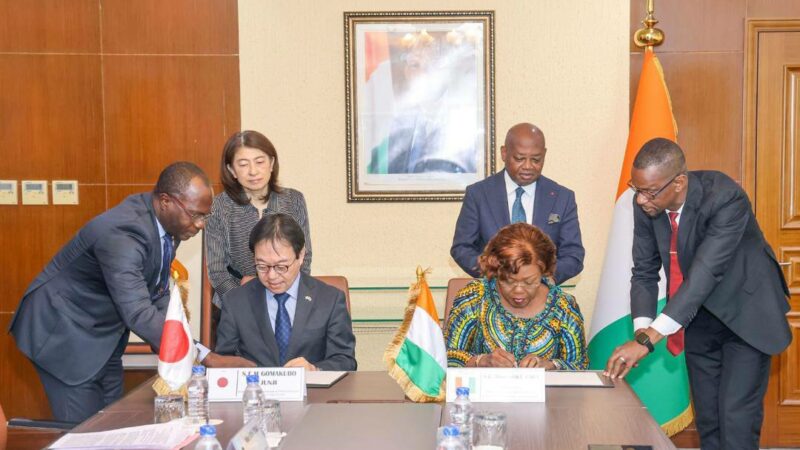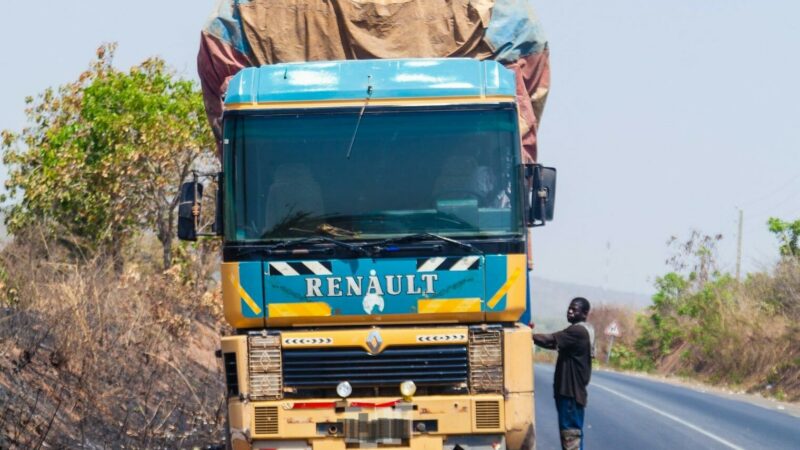TUNISIA HAS ISSUED 93 CERTIFICATES OF ORIGIN FOR THE AFRICAN CONTINENTAL FREE TRADE AREA (AfCFTA) AGREEMENT

Tunisia has issued 93 certificates of origin for the African Continental Free Trade Area (AfCFTA) agreement to export chemical products, agri-food products, and semi-automatic machines to several African countries, primarily Cameroon, Ghana, Tanzania, and Mauritius, according to Bochra Lejmi, Director of Economic and Commercial Cooperation with Africa at the Ministry of Trade and Export Development.
In a statement to TAP Agency, the official specified that the chemical products exported to these countries include resin, chemical fertilizers, quicklime, and hydrated lime, as well as agri-food products such as cheese and mustard.
Indeed, the certificate of origin, which is considered a key element for the effective implementation of the agreement, will allow exporting companies to benefit from customs duty reductions that should be eliminated starting January 1, 2026.
As a reminder, Tunisia, which joined the “Guided Trade” initiative launched on October 7, 2022, by the AfCFTA Agreement Secretariat, is among the first 8 African countries (Egypt, Ghana, Cameroon, Rwanda, Kenya, Tanzania, and Mauritius) preparing to launch the AfCFTA within the framework of this initiative.
The AfCFTA Agreement came into force in May 2019. It was ratified by Tunisia on August 7, 2020. It is one of the African Union’s (AU) flagship projects aimed at strengthening South-South cooperation for an integrated, prosperous, and peaceful Africa, in line with the AU’s Agenda 2063.
It also aims to consolidate trade relations between the 55 member states of the union, in a market totaling more than 300 million consumers and $3,400 billion in annual exchanges. This agreement aims to remove customs barriers hindering the free movement of goods and services between African countries.
According to CEPEX data, the untapped potential in Africa is estimated at about $1.2 billion. Unexploited export opportunities represent about 61% in North Africa ($754 million), 22% in West Africa (about $270 million), and 8% in East Africa ($94 million).





